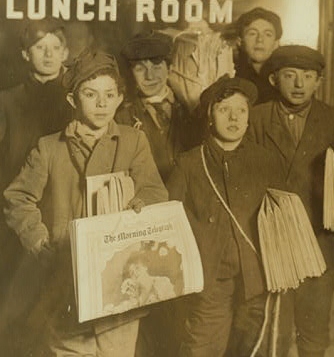“One cup of joe and your brain is ready to go”? – Caffeine as memory enhancer
The first systematic study investigating the effects of caffeine on human performance – sponsored by Coca-Cola – has been published about 100 years ago. Since then, thousands of other studies have been looking at if and in which ways caffeine improves cognitive performance. This question is still debated in science, but there is general consensus that caffeine can be seen as an enhancer for specific functions like mood, attention, concentration and reaction time. These enhancement effects have been shown in studies with the general set-up that participants first took caffeine and then did a performance task. This matches our everyday representation of “wise” caffeine use: if I wanted to enhance my performance with caffeine, I’d take it immediately before the “critical situation”, for example an exam.
Read More »“One cup of joe and your brain is ready to go”? – Caffeine as memory enhancer




